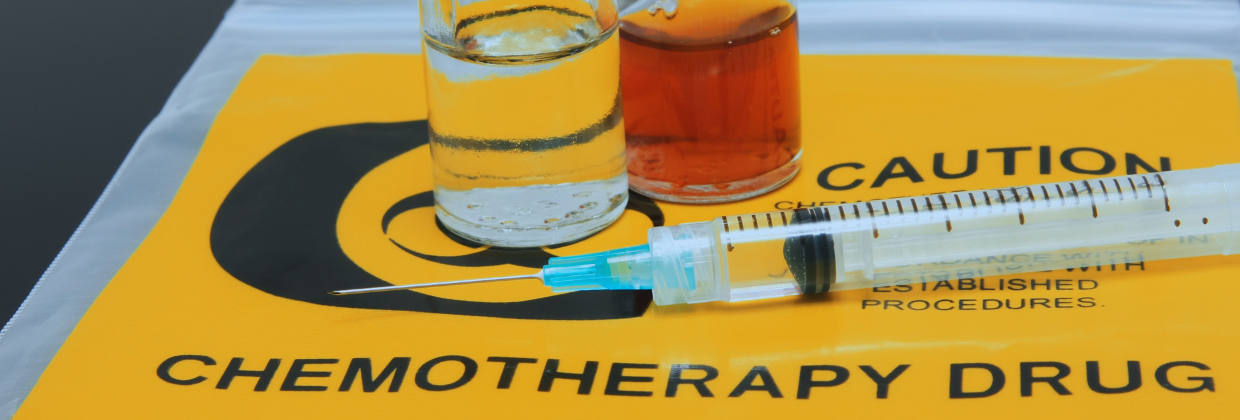Two patients faced the same chemotherapy.
Only one survived because she insisted on a genetic test first.
JoEllen Zembruski-Ruple, 65, began capecitabine (Xeloda) treatment for squamous cell carcinoma at a leading New York cancer center. Within days, she developed mouth sores, facial swelling, and severe gastrointestinal distress. Her family would later learn she carried a DPYD enzyme deficiency, a genetic variant that prevents the body from properly metabolizing capecitabine and its IV counterpart, 5-Fluorouracil (5-FU). After weeks of suffering, she died from toxicity caused by the very drug meant to save her life.
Each year, around 1,300 Americans die from adverse reactions to these common chemotherapy drugs. The tragedy is that this risk can be detected through a simple genetic test. A DPYD screening costs a few hundred dollars and takes only days to process, yet most U.S. hospitals still do not perform it routinely.
The Slow March Toward Awareness
The National Comprehensive Cancer Network (NCCN), which guides oncologists across the United States, only recently shifted its stance. In March 2025, six days after Zembruski-Ruple’s death, it issued new guidance suggesting that doctors “consider testing” for the deficiency before prescribing these drugs. In Europe, by contrast, oncologists have been urged to test patients before treatment since 2020, starting those with risky variants on lower doses and adjusting upward only if tolerated.
This slow movement highlights a systemic failure: lifesaving information exists, yet it remains unevenly applied. The same drugs that help some patients live longer can fatally harm others simply because their genetics are untested or misunderstood.
The Remaining84 Problem in Precision Medicine
The lack of diversity in genetic data deepens this divide. Many existing test panels were developed using samples from people of European descent, leaving individuals from other ethnic backgrounds underrepresented and at greater risk of undetected toxicity. The result is a system that calls itself “personalized medicine” but still treats patients as if one genome fits all.
JoEllen’s story is a painful reminder that knowledge without action costs lives. Patients deserve to be informed, empowered, and tested before treatment decisions are made. As one FDA cancer expert put it earlier this year, “If you don’t have the information, how do you have counseling?”
At PAICON, we call this inequity the Remaining84 Problem, representing the 84% of the world’s population missing from the genetic and clinical data that shape medicine and AI. We are working to close this gap by building inclusive, diverse datasets and models that serve every patient, everywhere.
Personalized medicine must truly be personal.
No patient should die from a treatment designed to save them.
References
Allen A. Two patients faced chemo. The one who survived got a test to see if it was safe. NBC News / KFF Health News. June 3, 2025. Available from: https://www.nbcnews.com/health/cancer/cancer-drug-deaths-chemo-test-gene-variant-rcna210652


